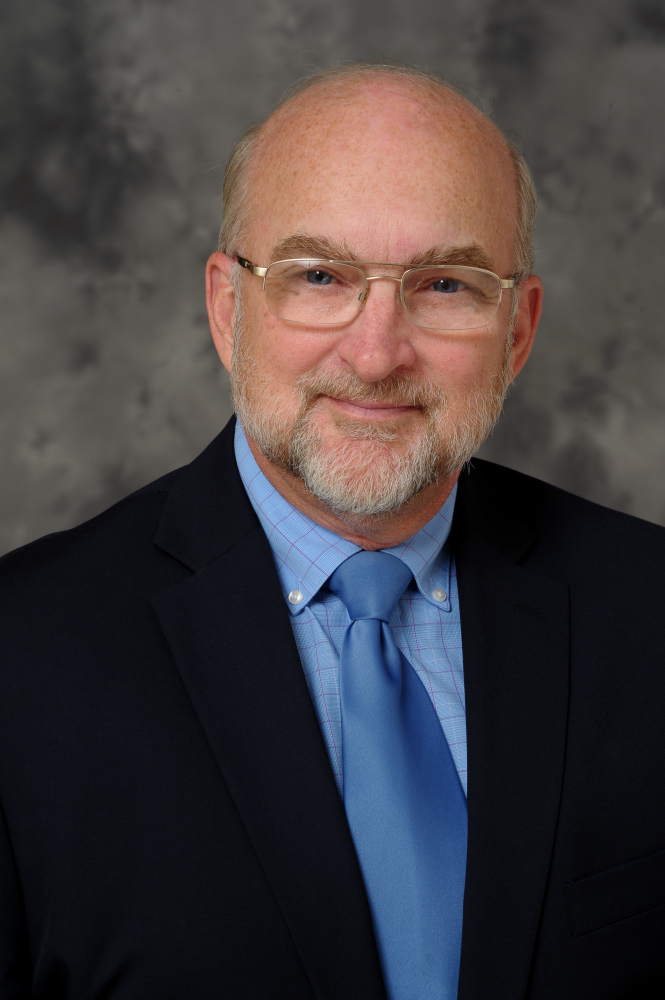
|
||
|---|---|---|
|
A message from Dr. William Beecroft, medical director of behavioral health
There are many myths about suicide that can stand in the way of people getting the help they need when they’re experiencing a mental health crisis. Myth No. 1: You must be depressed to attempt suicide.
Myth No. 2: Suicide attempts are made to get attention.
Myth No. 3: “Normal” people don’t commit suicide.
Myth No. 4: You can tell when someone is at risk for suicide as it only happens after someone has experienced severe stress.
Myth No. 5: Kids don’t kill themselves.
Myth No. 6: People who overdose on drugs don’t really want to die.
Myth No. 7: If someone wants to kill themselves, you can’t stop them.
Warning signs While recognizing these myths is important, it’s even more important to recognize some of the signs that a person may be planning to take their own life. These include:
Care options and resources As reported in a September Record article, 48,283 people died by suicide in 2021. That equates to one death every 11 minutes. Recognizing the severity of this public health crisis, Blue Cross Blue Shield of Michigan has implemented several new programs, resources and care options over the past few years to help ensure people get treatment at the right time in the right place. Care options include our crisis services program, which continues to grow. This program currently features eight facilities in Michigan that offer the following types of services:
For details, see this flyer. You’re welcome to print it and share it with your patients. Another good resource, targeted to our members, is our behavioral health website at bcbsm.com/mentalhealth. It offers an overview of many of the ways we’re offering support and guidance to our members. Physician Consultation Line Last but not least, I wanted to make you aware of the Physician Consultation Line at 1-877-233-3262. This is a number that health care providers can call if they want to talk about care options for a patient with mental health or substance use disorder conditions. *Blue Cross Blue Shield of Michigan doesn’t own or control this website. |
Blue Cross Blue Shield of Michigan and Blue Care Network are nonprofit corporations and independent licensees of the Blue Cross and Blue Shield Association. |
 The National Alliance on Mental Illness has declared September
The National Alliance on Mental Illness has declared September